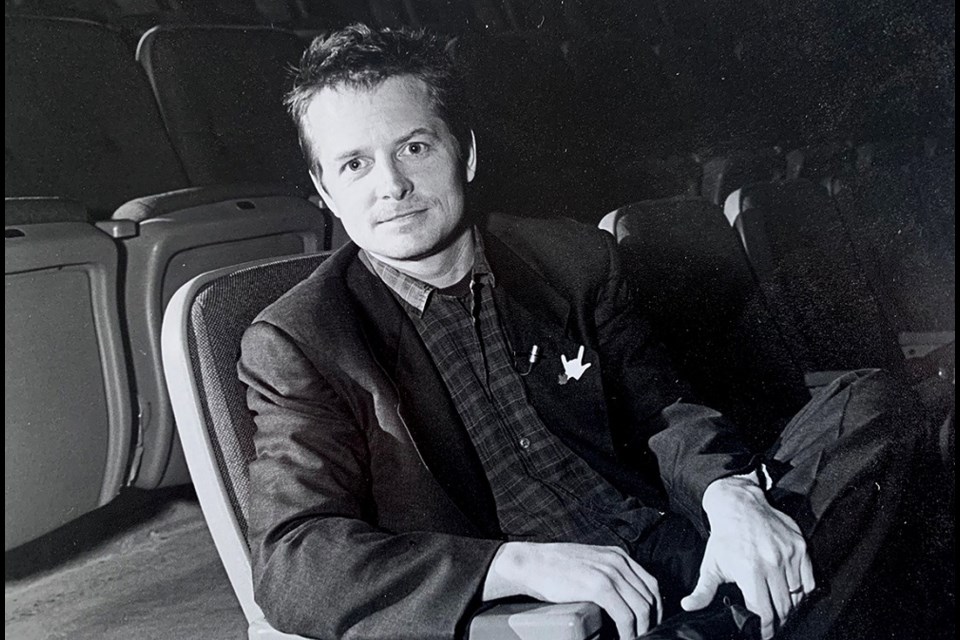The beginning of March will be the end of an era.
As of this Friday, March 1, the Burnaby NOW and New Westminster Record will no longer have a physical office space.
Instead, our ad reps and journalists will be working from their homes and a co-working space.
It hasn’t been easy packing up the detritus that tends to accumulate over the decades. But amidst the office chairs that have seen better days, leaning wall dividers, boxes of rubber bands and shelves of awards, there are treasures.
For more than 40 years, the NOW and Record have told the stories of Burnaby and New Westminster. The ghosts of those stories live on in the big bound copies of past issues of the newspaper and in boxes and envelopes filled with black and white photos, negatives and burned CDs of digital images.
We are endeavouring to ensure these invaluable records find a home in the archives of their respective cities where future generations will be able to look back to see how they got there from here.
It may be a hackneyed, old cliché, but journalism truly is the first draft of history.
And nowhere is that more true than at the community level.
The 1990s were probably the peak of the local media landscape. The NOW and Record competed for readers’ eyeballs with the News/NewsLeader papers owned by Black Press.
The dailies downtown had enough staff to actually dispatch reporters and photographers east of Boundary Road. Radio and TV stations were flush with reporters.
If something stirred in Burnaby and New Westminster, it’s pretty likely it got covered by at least one of those media outlets, if not all of them..
Burnaby’s Michael J. Fox privately visiting the theatre that bears his name at newly-built Burnaby South Secondary School?
We were there.
TV comedian Roseanne Barr signing her book at the Station Square Save-On-Foods?
You saw the photo in the NOW.
Legendary Russian hockey star Vladislav Tretiak conducting a clinic for young goaltenders at one of the arenas at the old 8-Rinks facility?
We had it covered.
When Prince Charles and his sons, Harry and William, ventured abroad for the first time since Princess Diana’s death, the NOW photographer waded into the throngs of adoring teenage girls gathered to greet them outside Burnaby South Secondary and reporter Scott Neilsen jotted their swooning thoughts into his notepad.
And those were just the easy, obvious stories.
We also shared the little moments.
The personal journey a minor hockey player goes through during the busy tournament season at Christmas.
The uncertain future of an iconic neon sign.
The reconstruction of an historic retaining wall.
The evolving cityscapes around Metrotown and downtown New West.
In the moment, such stories might not seem important or earth-shattering.
But cumulatively, landing on your doorstep or in your mailbox, two then three then back to two and down to one day a week, all those stories and photos crafted our perceptions of the city around us and helped bond us together as a community.
Accomplishing that in the digital space is more challenging.
Reading a website takes effort. It takes a conscious decision to click on a link or go to the home page.
Gone are the days of casually glancing at the paper as it sits on the coffee table, or while pulling the grocery store flyers from the middle.
Instead, we’re guided by algorithms, keywords and search engine optimization, data points that are used to determine what each individual wants based upon what they’ve already looked at.
The joy of surprise and discovery that can come from the adventure of just idly flipping pages is no longer part of the news experience.
Factor in the hours everyone already spends on computers and devices for work, or keeping in touch with friends and family on social media, and some days it feels like a battle for the local news to be seen at all.
We have more information at our disposal than ever before in human history, and yet we’re somehow less informed.
The consequences of losing that communal experience of common information is perilous. Just look south of the border — and increasingly elsewhere in the world, including right here in Canada — to see the division that festers and grows when everyone exists in an information silo of their own creation.
That’s why it’s important those boxes of negatives and photos, and stacks of old editions of the newspaper, don’t end up in the dumpster.
In the words of author Maya Angelou, “You can’t really know where you’re going until you know where you have been.”



